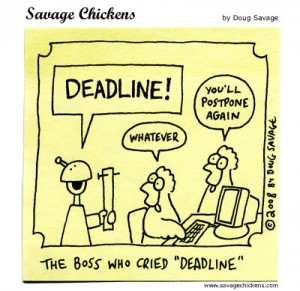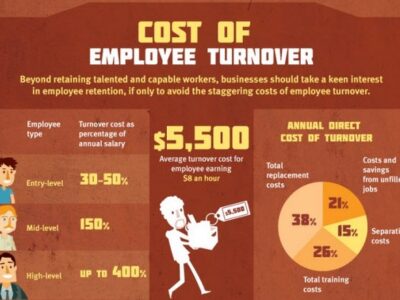There are many reasons that projects fail. Many challenges are rooted in team participation and engagement.
Managing a team is tough. Boosting employee morale is hard. There’s a lot of pressure to keep employees happy… engaged… productive.
Team members and managers all play an important role in moving projects along, but with great power lies great responsibility. Leaders and managers can kill employee motivation much faster than they can boost it and much more readily than team members themselves.
1. Stop Sending Engagement Surveys
 Strong, effective relationships are built on trust. This means being genuine and believable in interacting with their people. When your managers understand how to be more open and vulnerable with their staff, they work towards trust, respect and improved communication.
Strong, effective relationships are built on trust. This means being genuine and believable in interacting with their people. When your managers understand how to be more open and vulnerable with their staff, they work towards trust, respect and improved communication.
Surveys do not feel genuine, believable or respectful. They also do not feel anonymous, no matter how much privacy is respected. Real connections take a lot of work, but anything worth your time takes time. Resist the urge to send out employee engagement surveys. Go talk to your team.
Want to form more trusting bonds with your team? Dining in the Dark is a handy trust-building exercise.
2. Communicate. Communicate. Communicate.
You need to communicate. Your team needs to communicate. Everyone needs to communicate.
Unclear roles and expectations will chip away are employee morale. It’s also important to follow through on your plans and commitments. If you haven’t been able to, explain why. Anything you expect from your team, you should also deliver to your team.
Need your team to connect more? Competition can boost communication within your team. Michael Miller and DIY team building exercises are also effective resources.
3. Don’t Give All The Ideas, Stop Shooting Down The Bad Ones
New projects are often initiative by leaders that have a new idea to implement. You know what you want to do and you may have already decided how to do it. Where does that leave your team?
A job is just a job, right? Your team just needs to help you implement what you know is going to work. That doesn’t sound fun at all! Not every idea is a great idea, but people like to be heard.
If you just tell people what to do and immediately look for flaws in new ideas, after a while your team will feel burned out from a lack of change and a “not too exciting” office atmosphere. Their jobs have become too redundant and employees aren’t having fun. Remember how it felt to get working on the last idea you had? Well, that’s what your team needs, too.
Allow your team to be more collaborative. Have a new business challenge? Let your team come up with ideas. That’s why you hired them in the first place, right? They’re pretty smart people. If they really can’t come up with any interesting solutions, you may have a larger problem and it will be helpful to figure that out now.
Need some help boosting ideas and collaboration? Check out Virtual TeamBonding and Chain Reaction.
4. Stop Setting Deadlines
Yes, projects need timelines. Deadlines for sub-tasks provide a useful frame of reference for checking in, moving things along and identifying new challenges that have popped up along the way. As a leader, you should let your team know when time is truly the essence of completing work.
However, unrealistic deadlines can instantly sap employee morale, leaving your team feeling like they are not accomplishing anything or that goals are not attainable. When people feel like they’re falling behind, they will withdraw and communicate less unless they feel empowered.
One of the most common reasons that projects fail is lack of visibility. When respected and empowered make a mistake, they’ll communicate about it, fix it, move on confidently and won’t make that mistake again.
“When you need team consensus and commitment to tackle an issue, involve your team in the decision making process.” – Sergey Dudiy, Ph.D.
It’s key for each team member to feel his or her ownership in the final decision regarding an issue that needs commitment, something essential to meeting deadlines. Listen to your team. They should be able to tell you how long tasks will take to complete. Just keep in mind that surprises (good and bad) will come up along the way, which you and your team may need to accommodate.
Does your team needs some help nailing down deadlines? Check out these corporate scavenger hunts.
Have you had success in boosting employee morale? What tips and tricks are worked for you?















